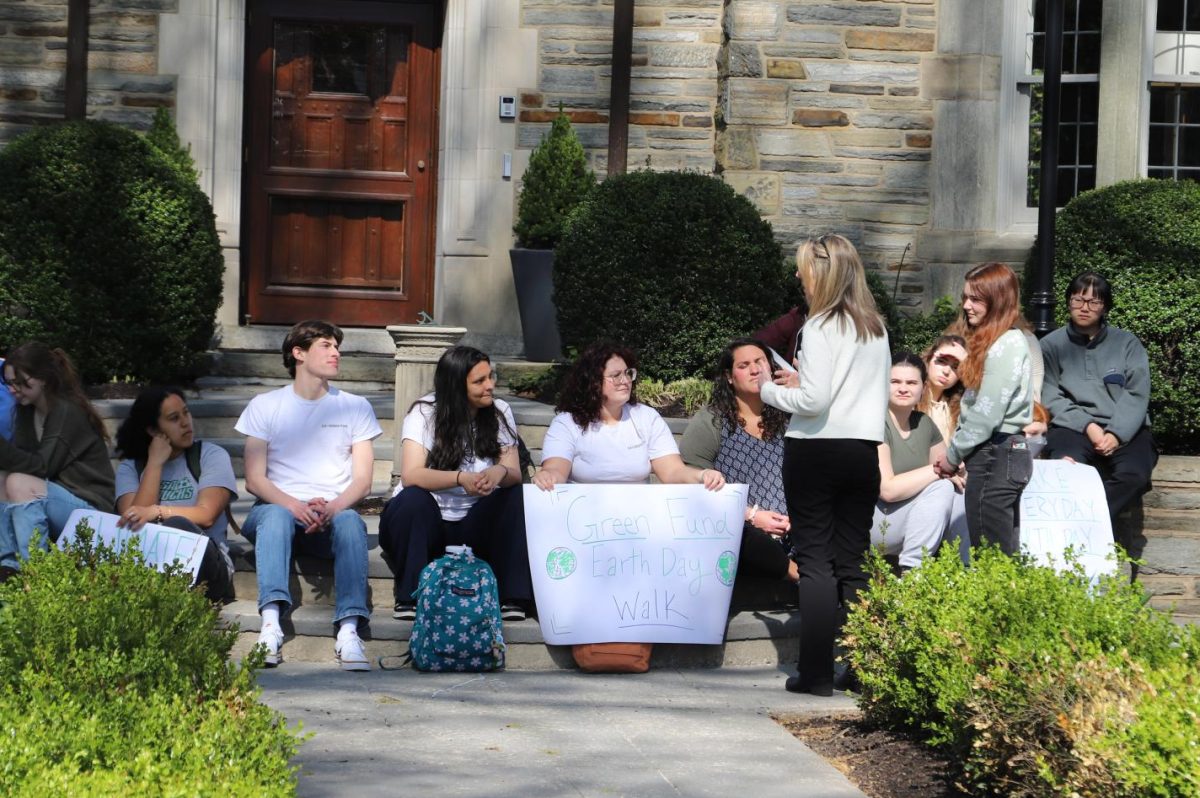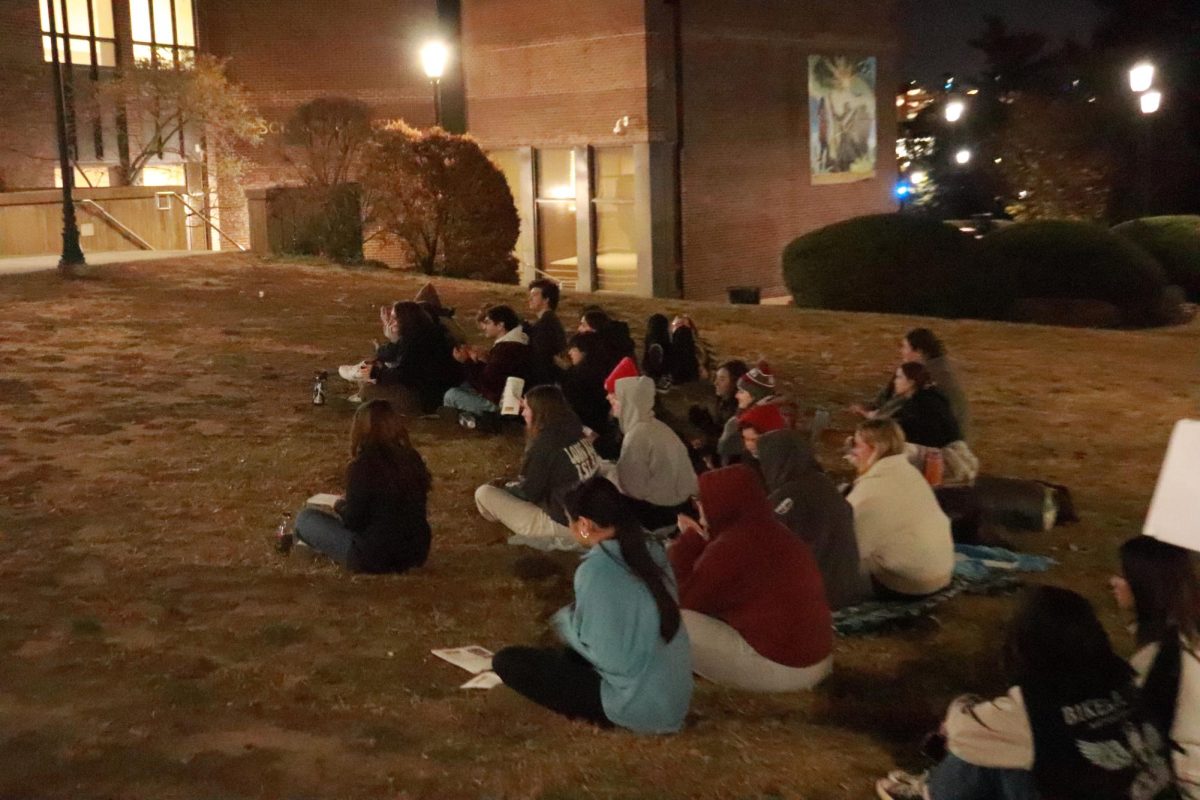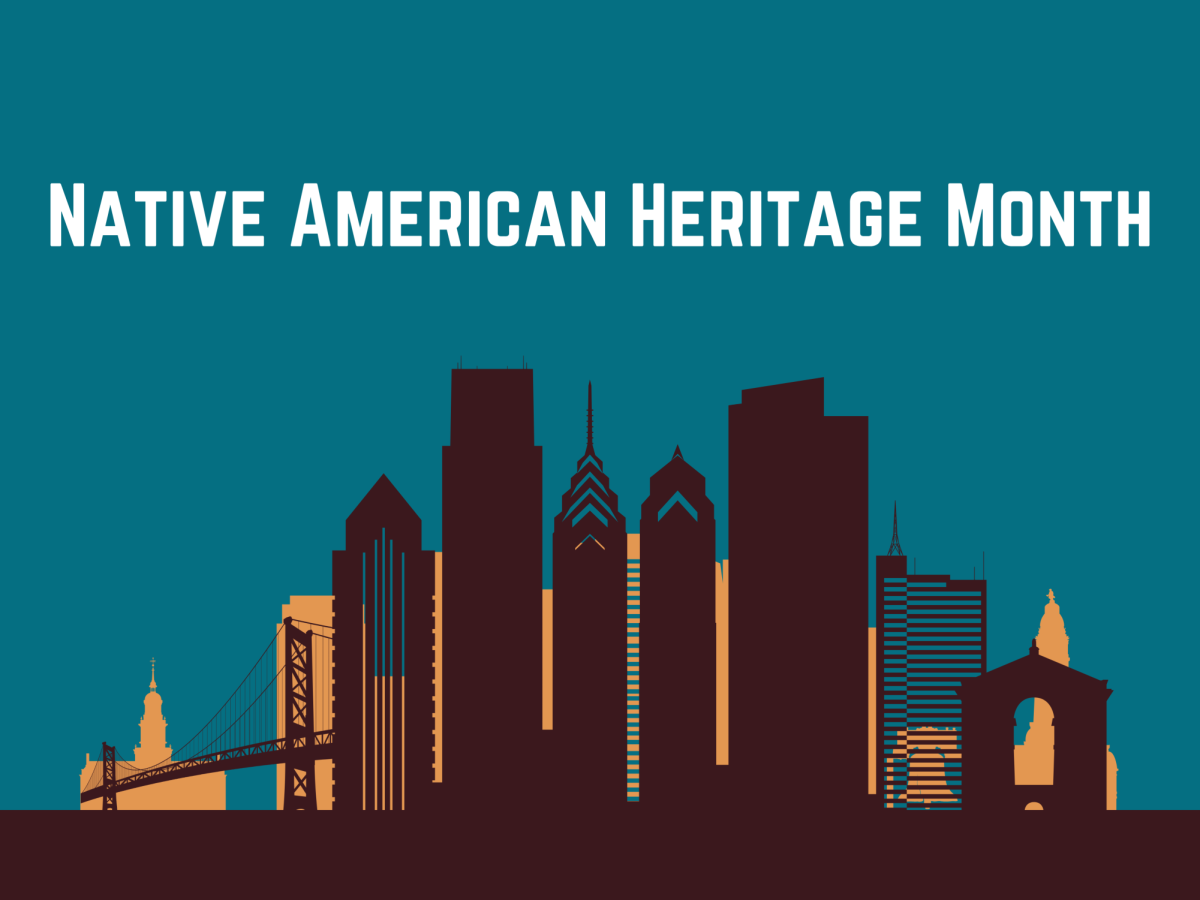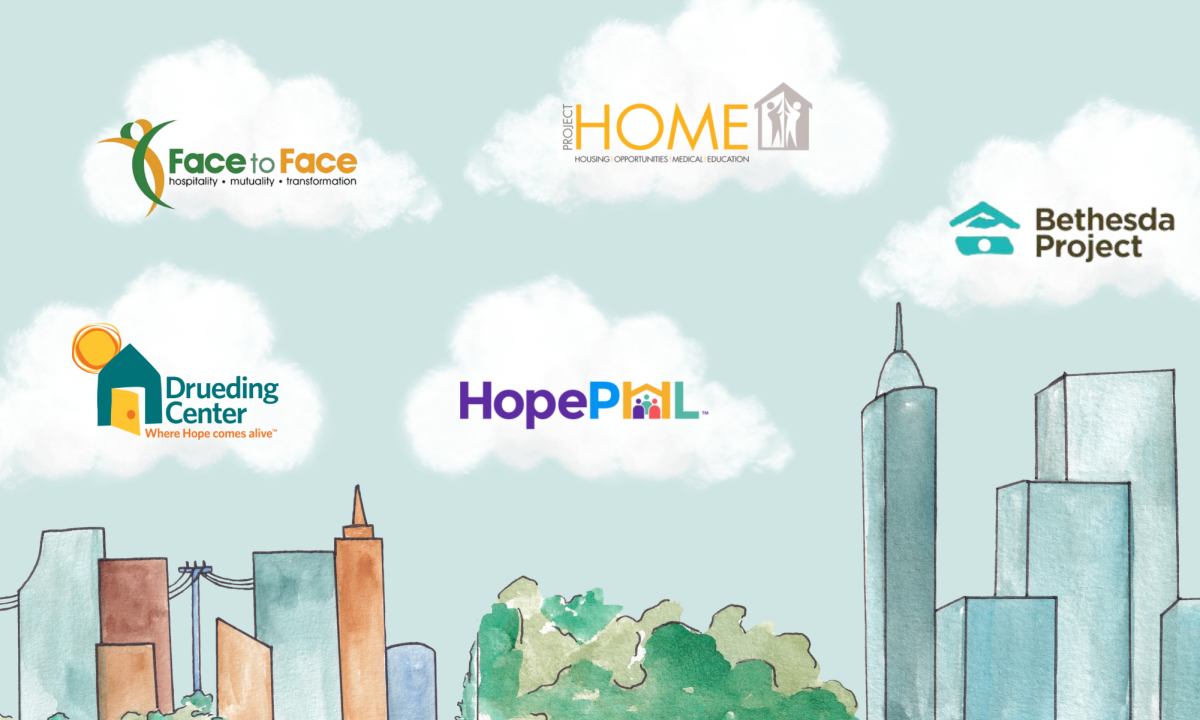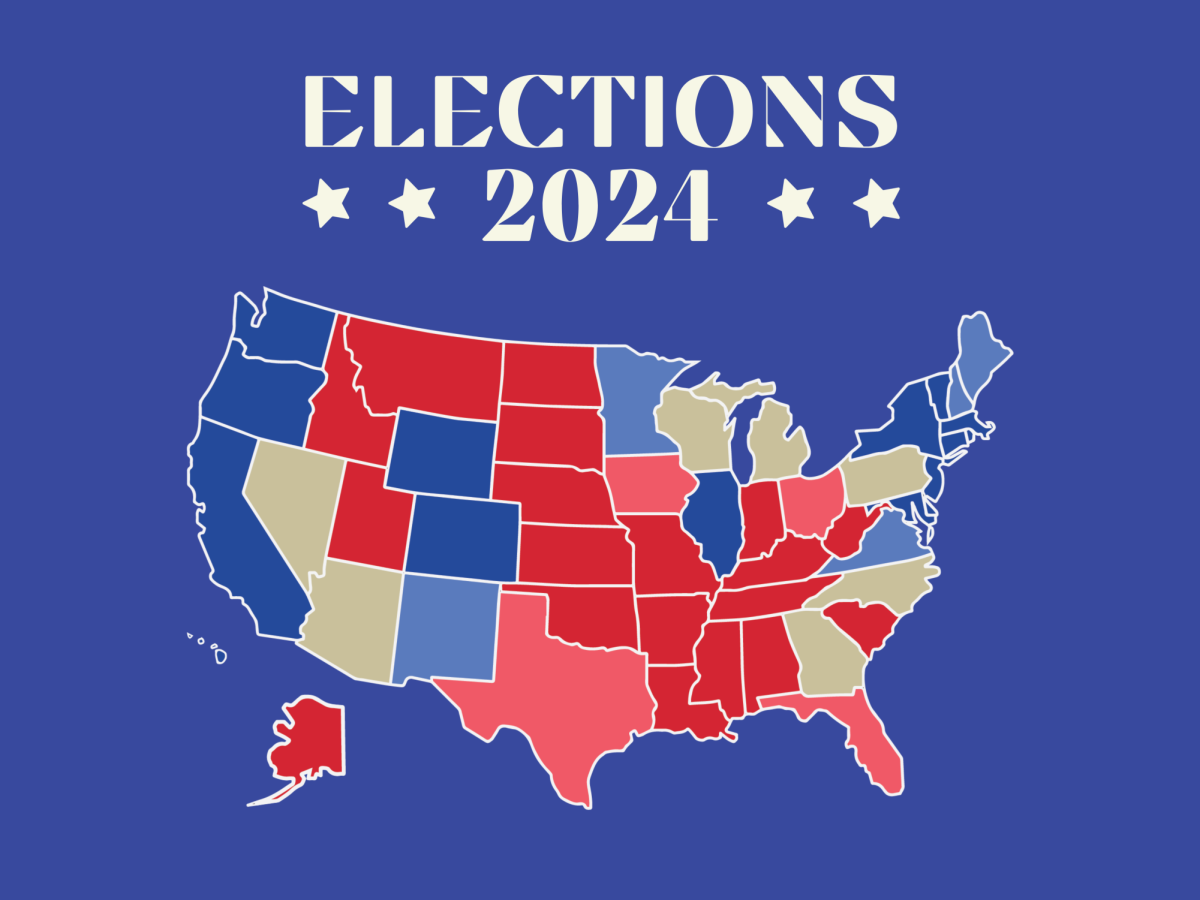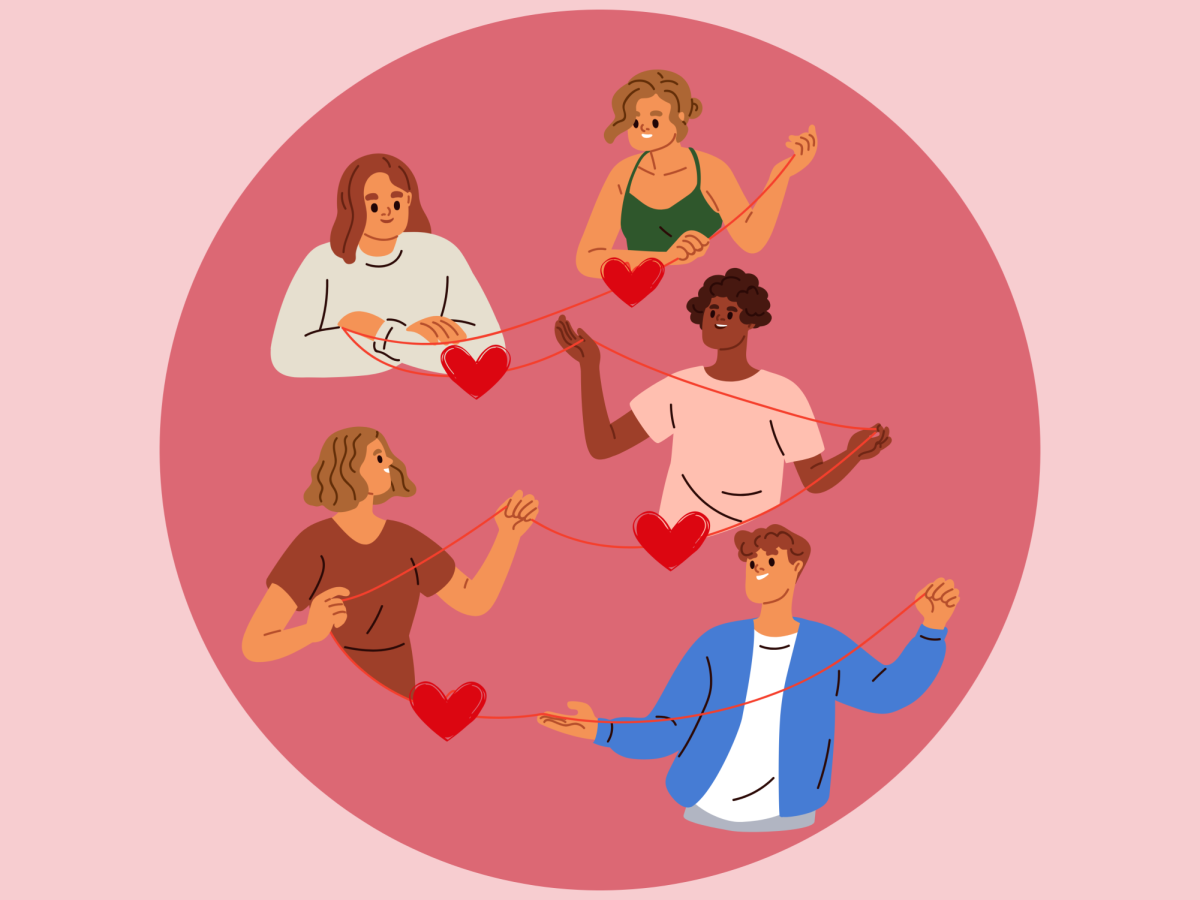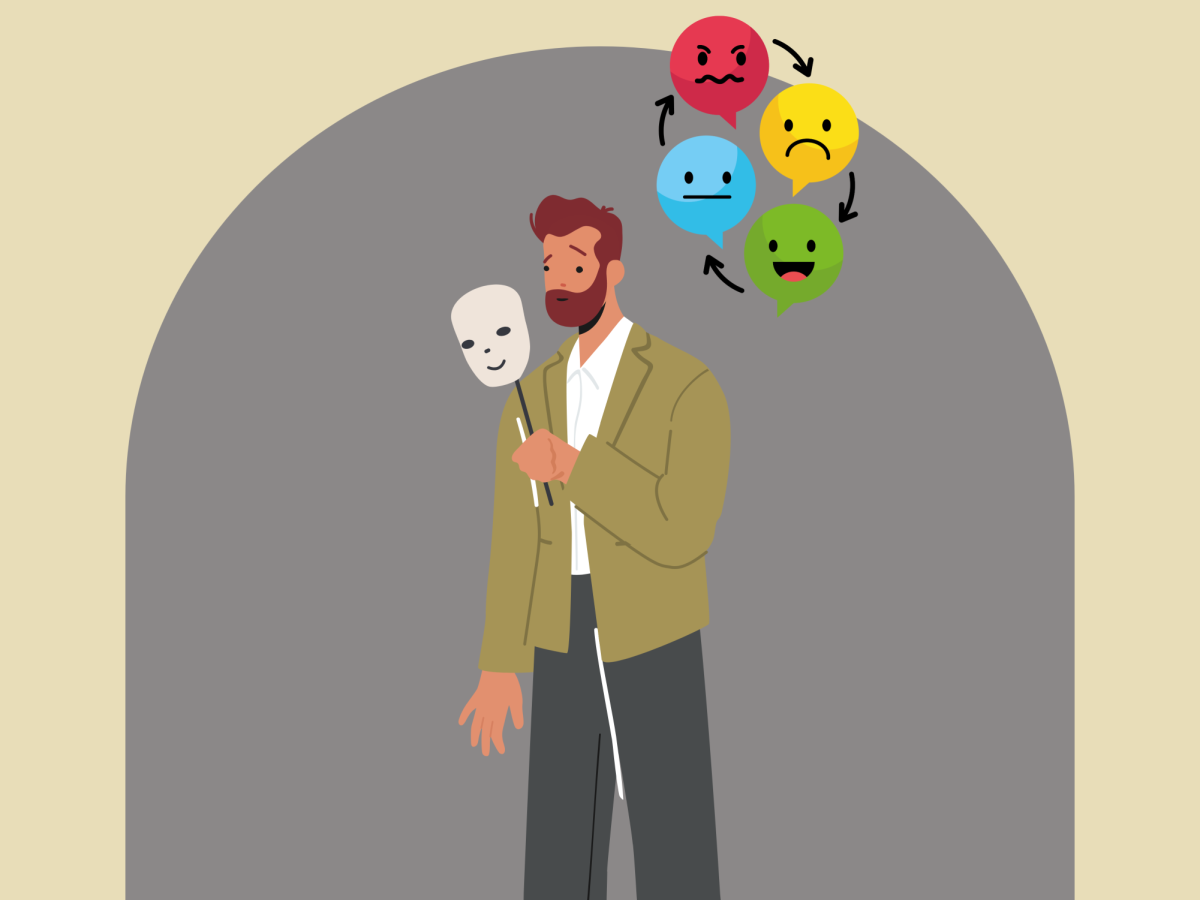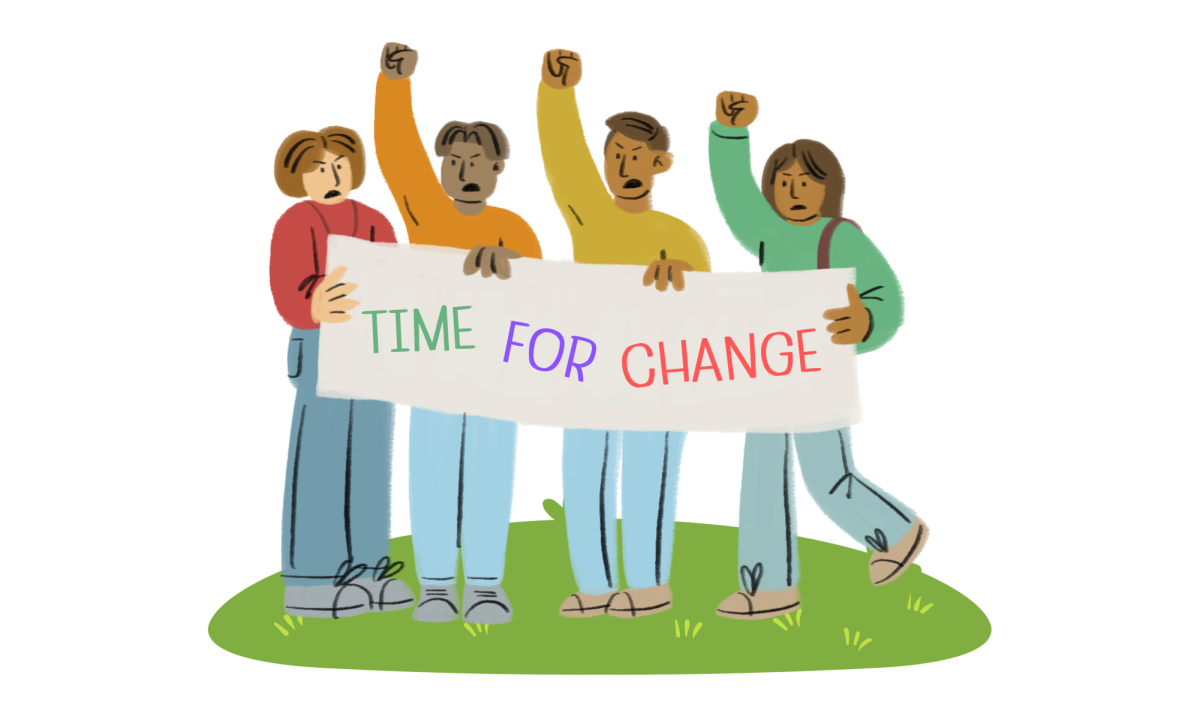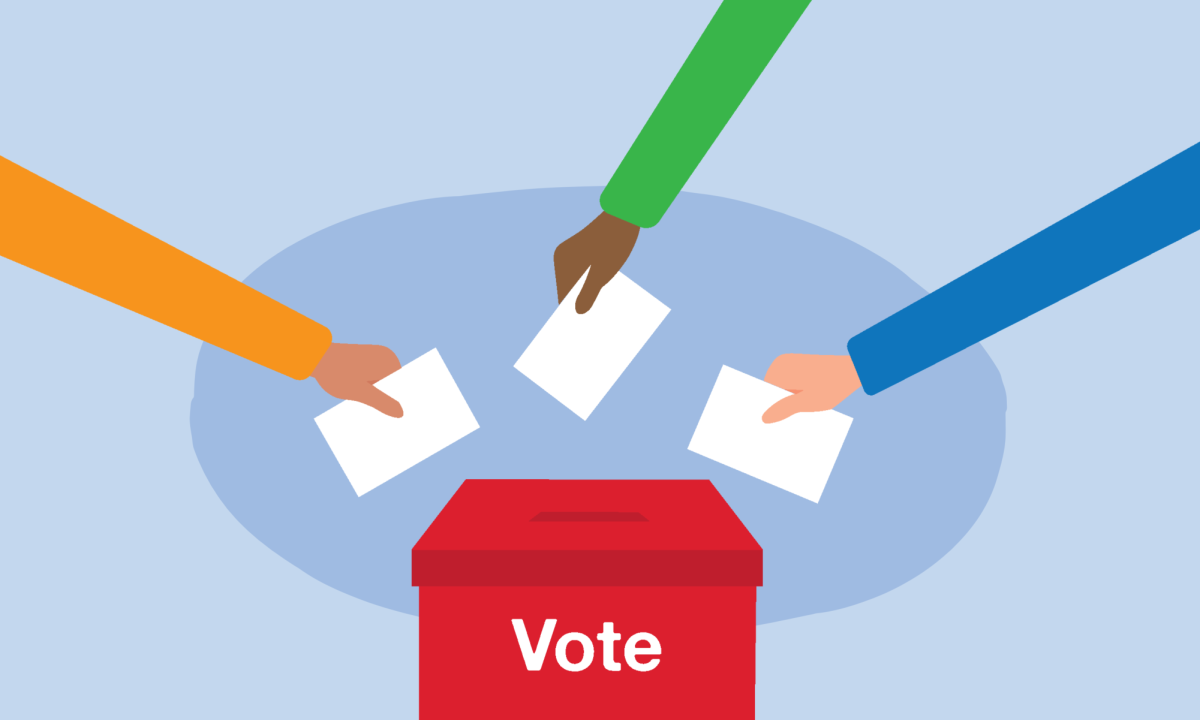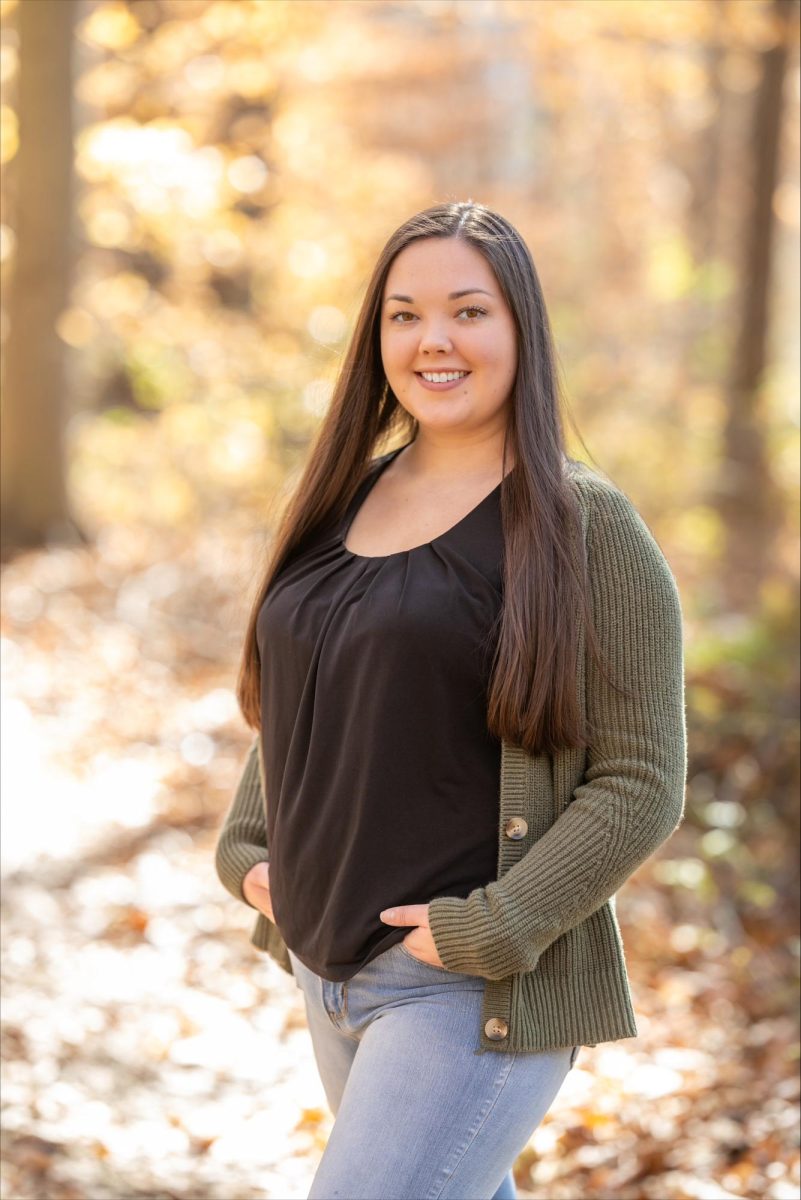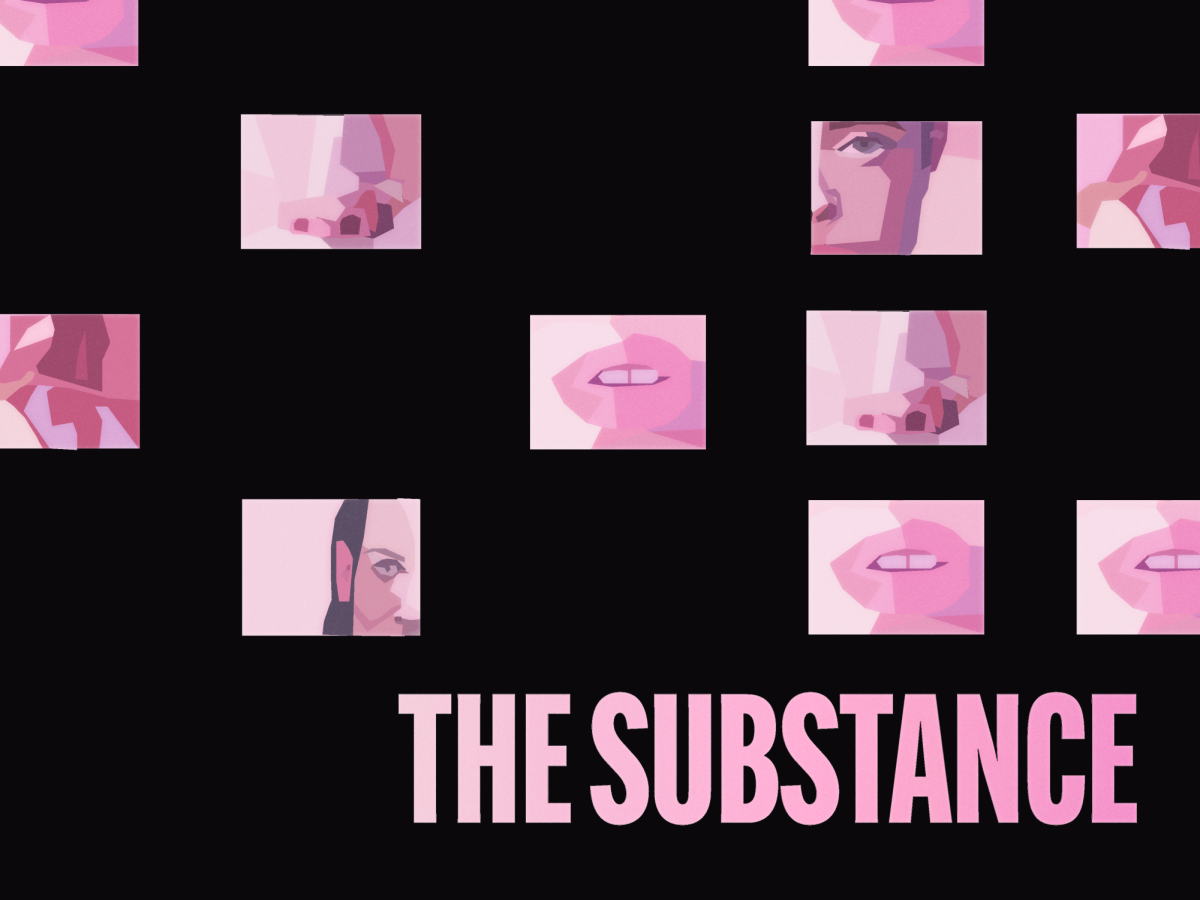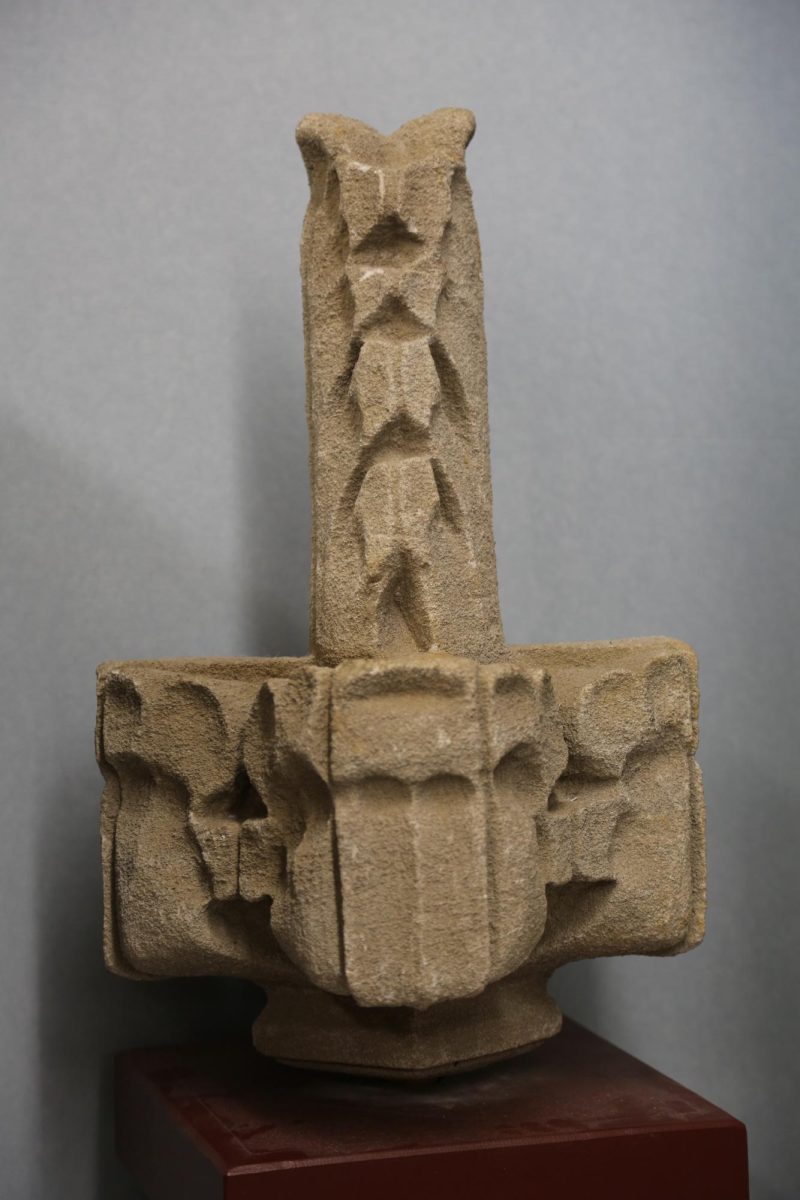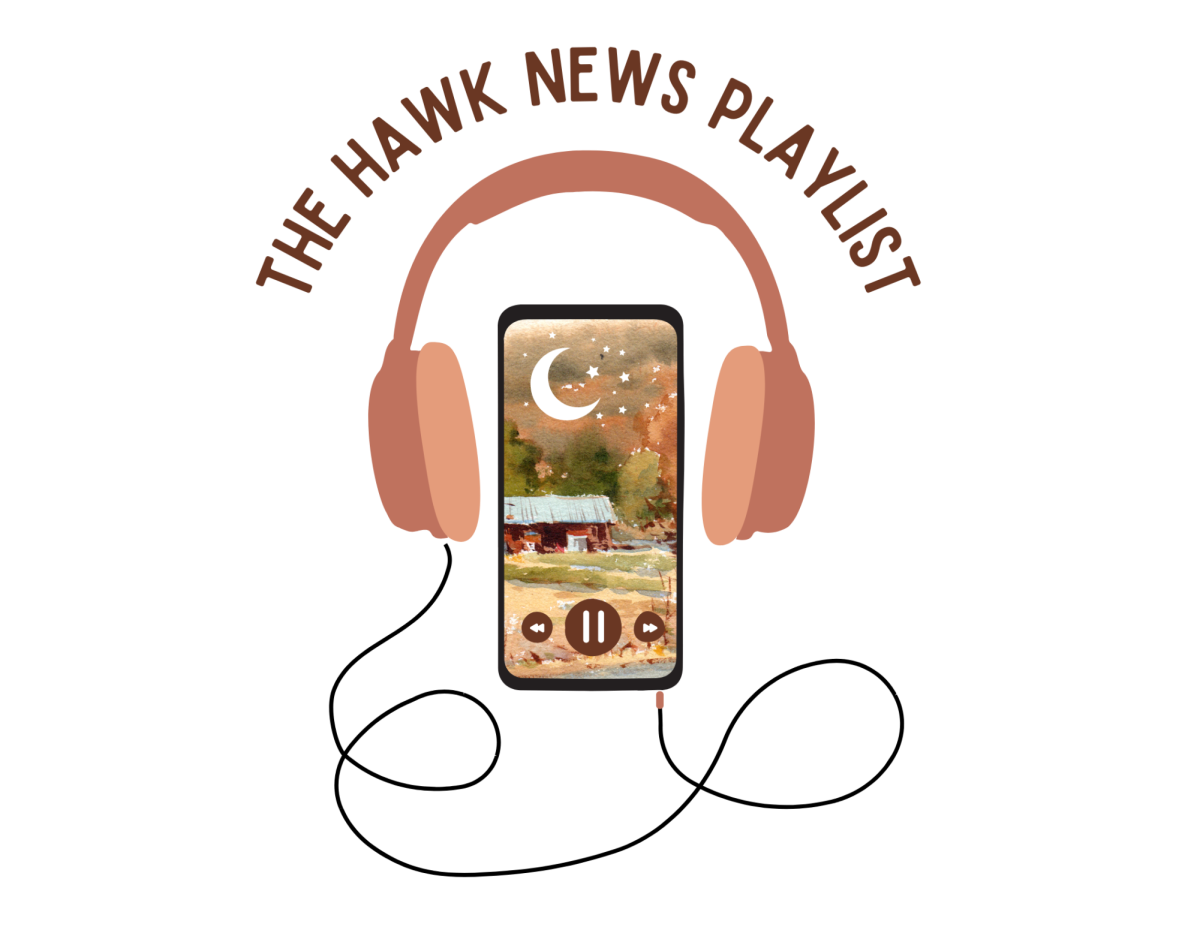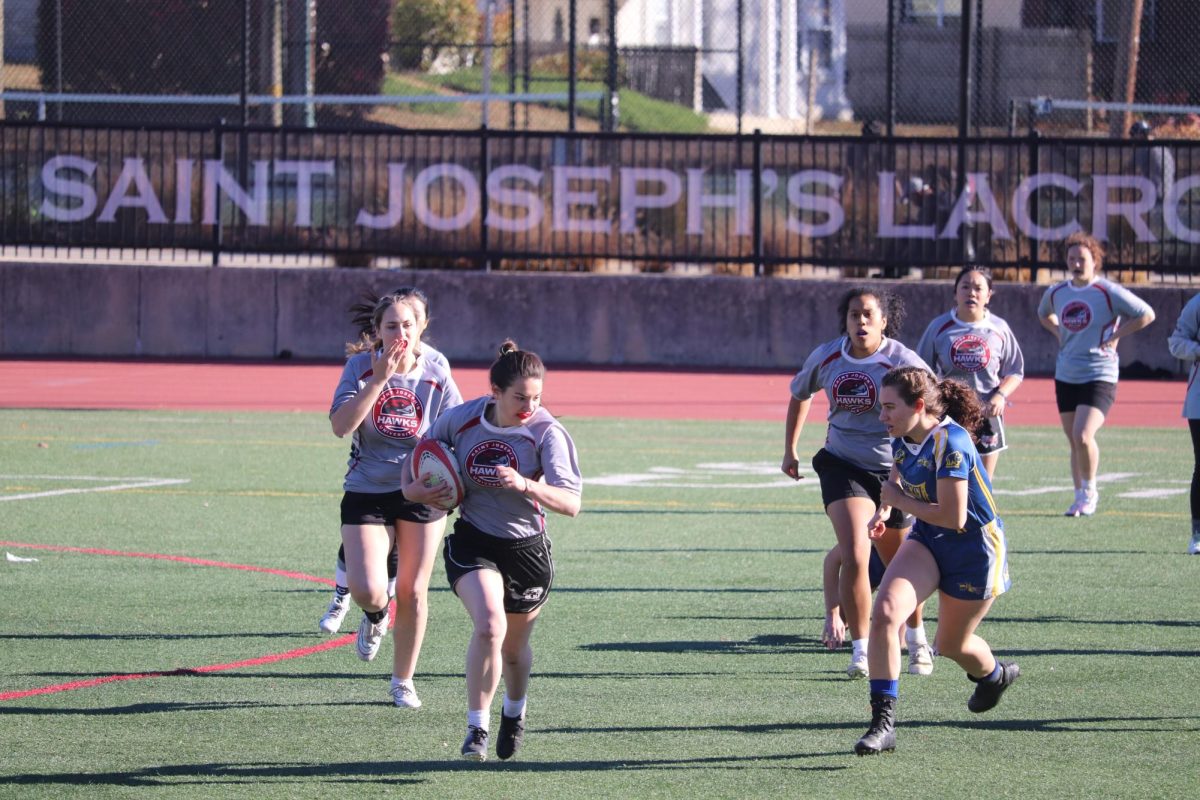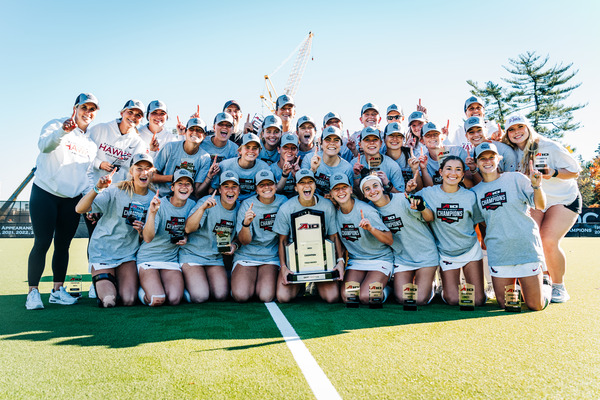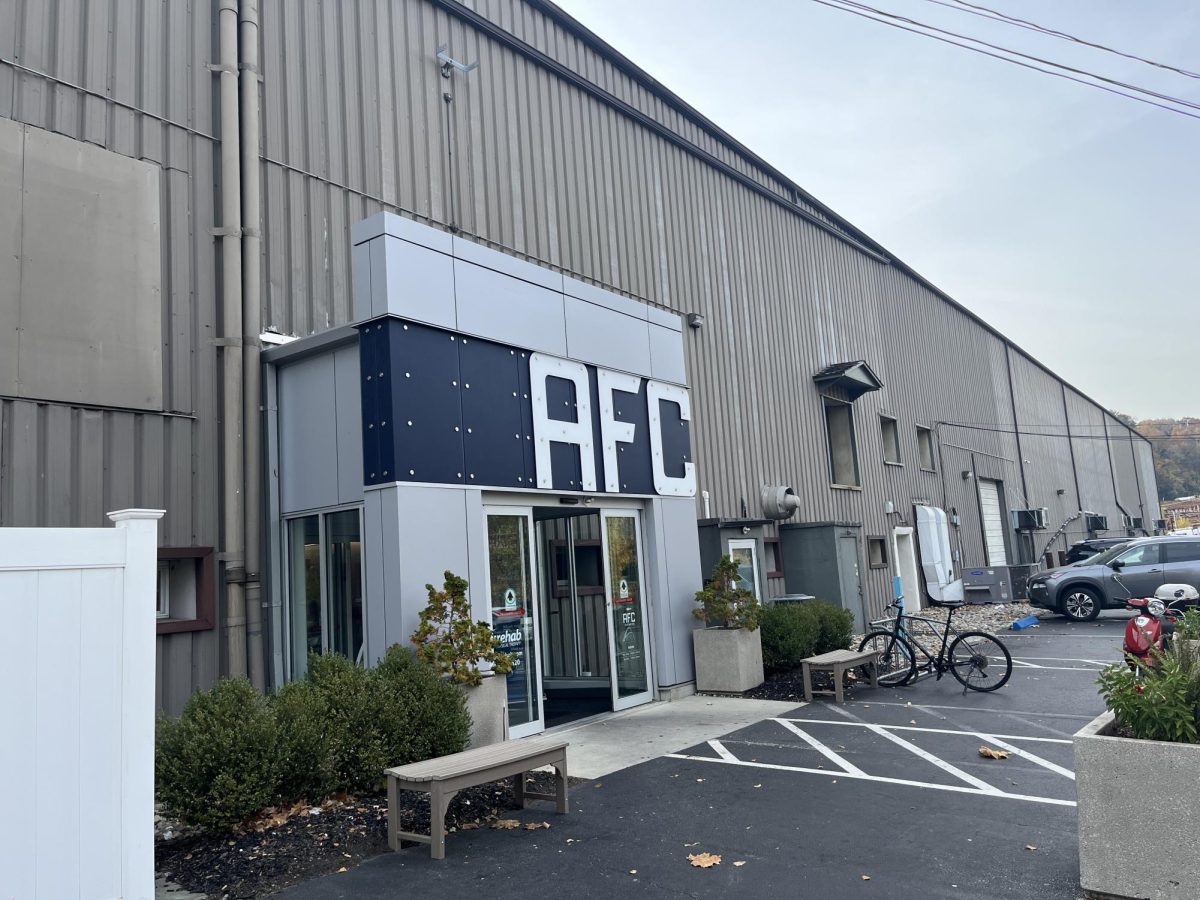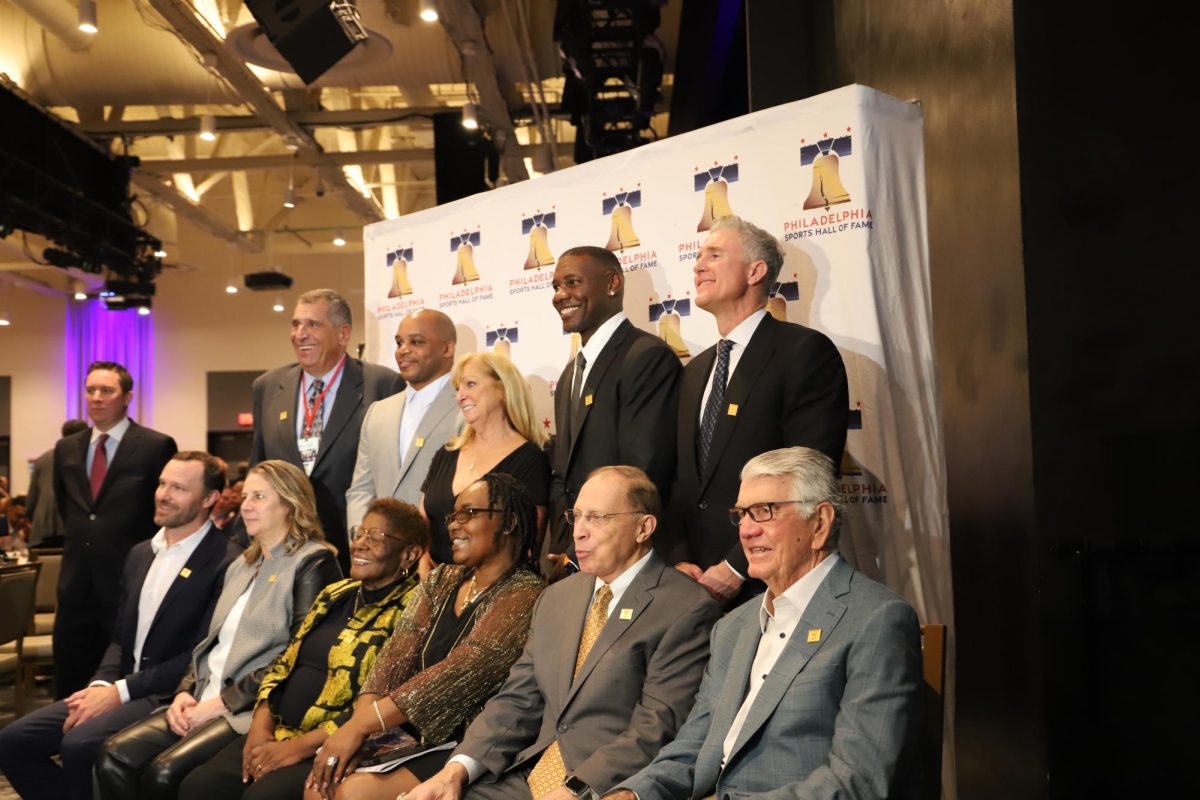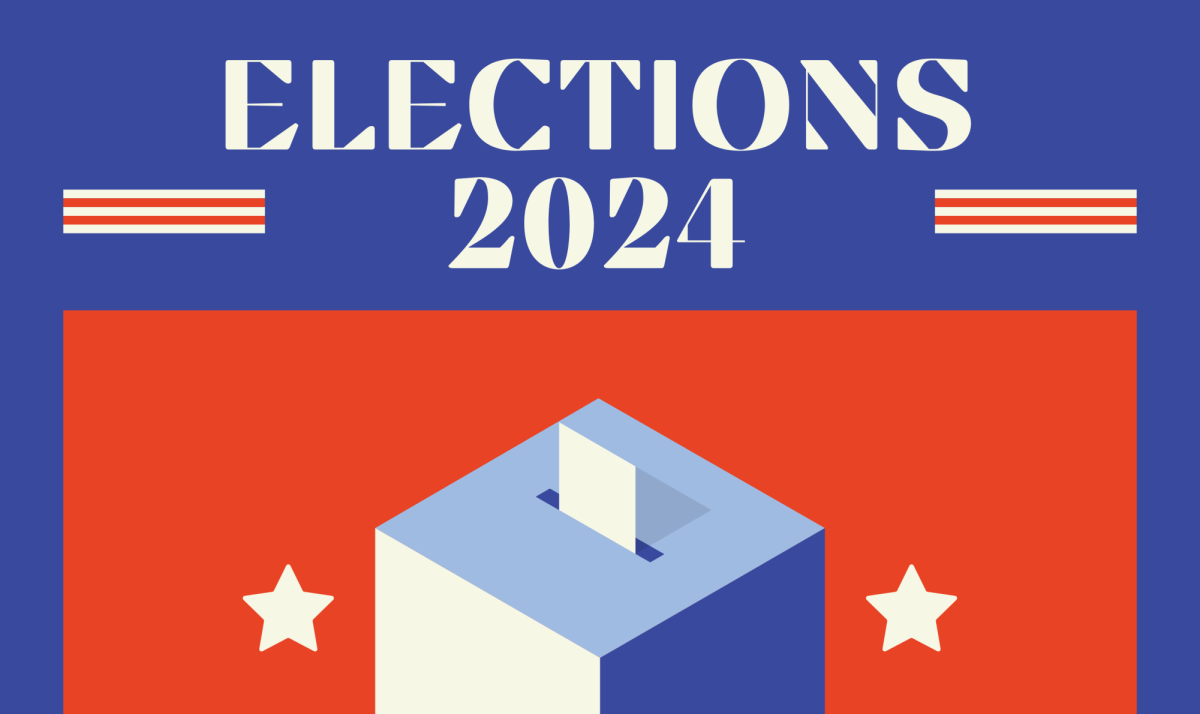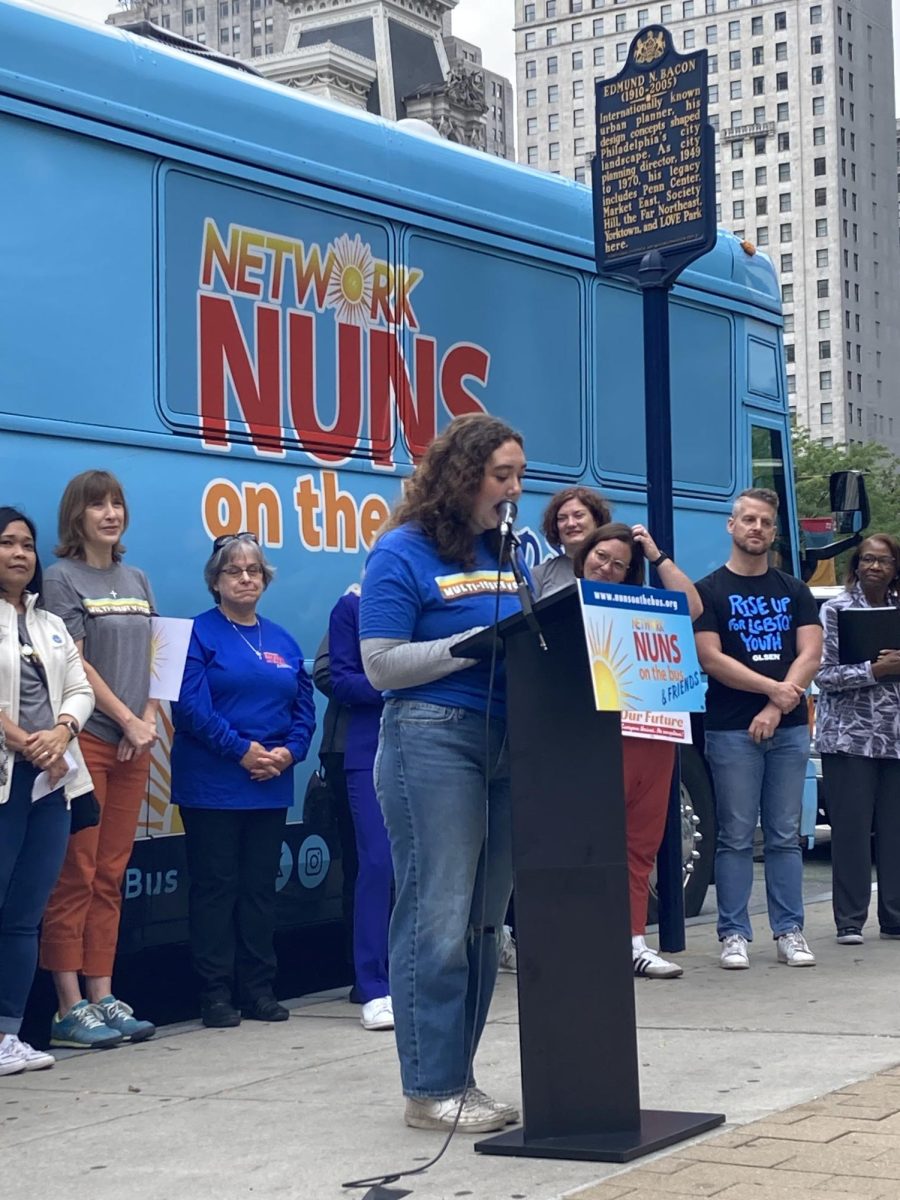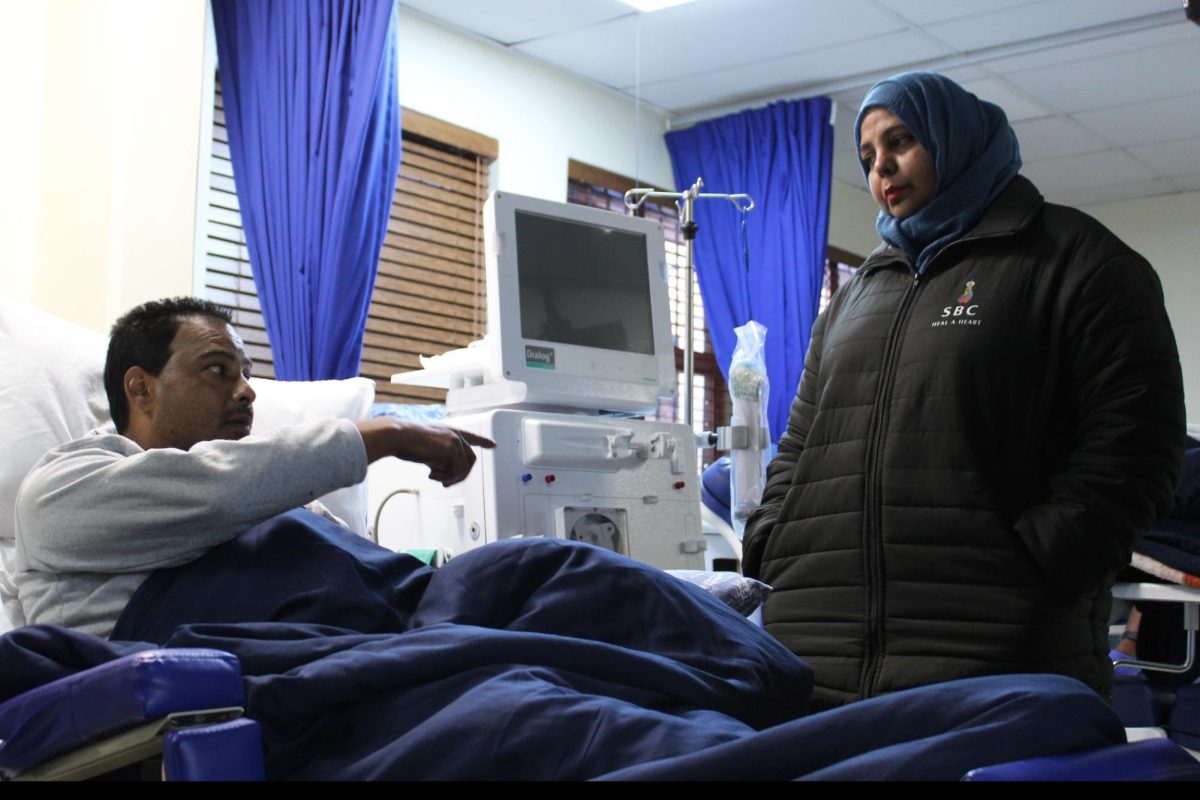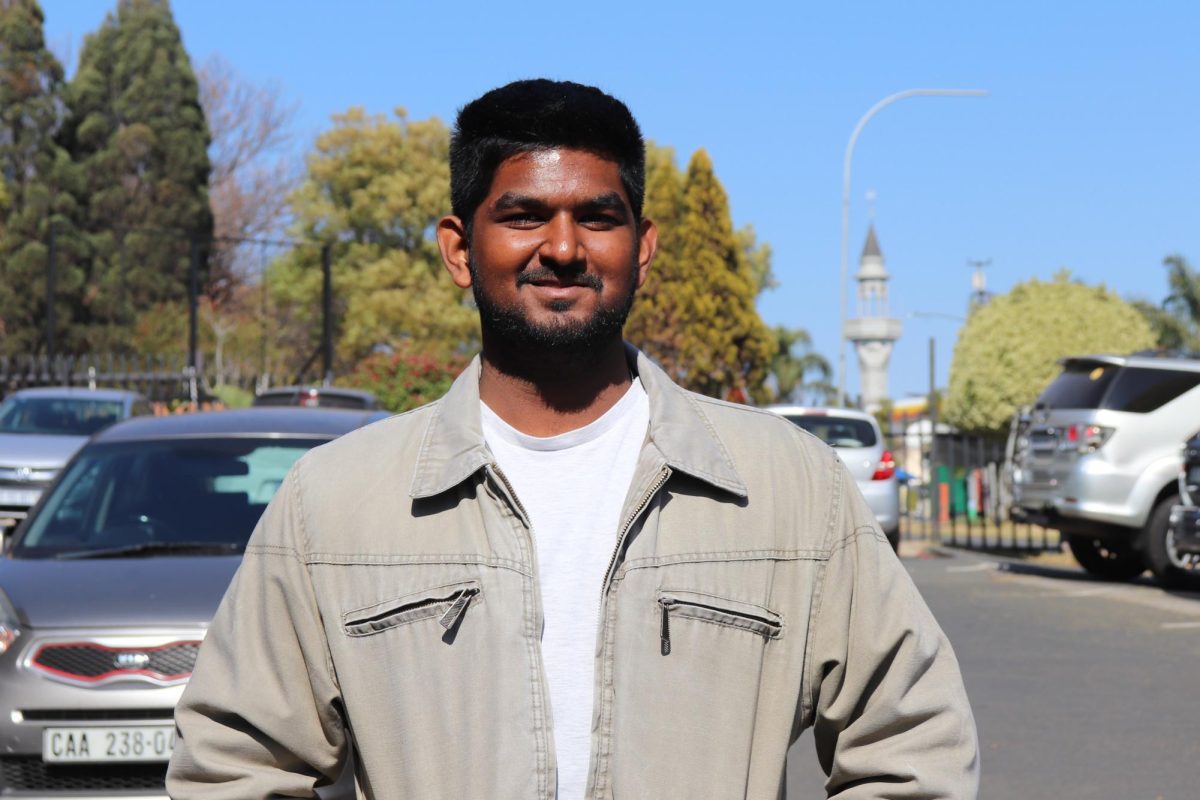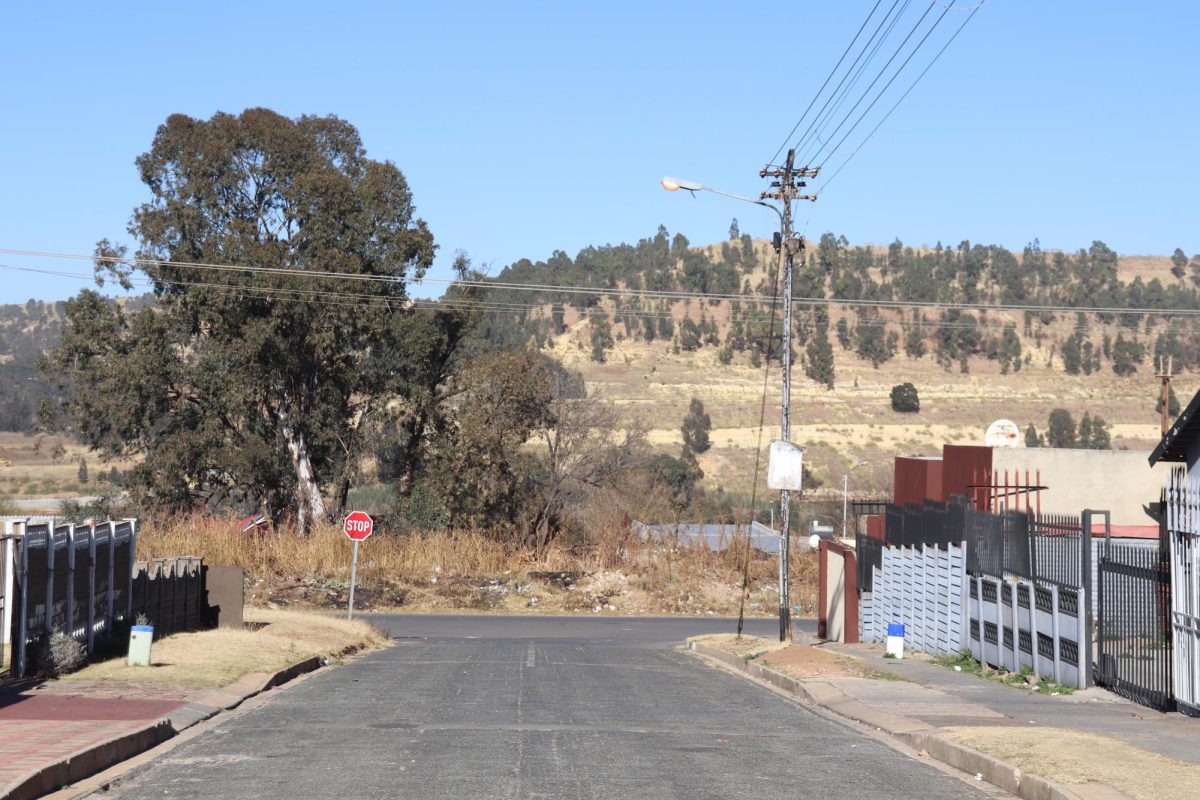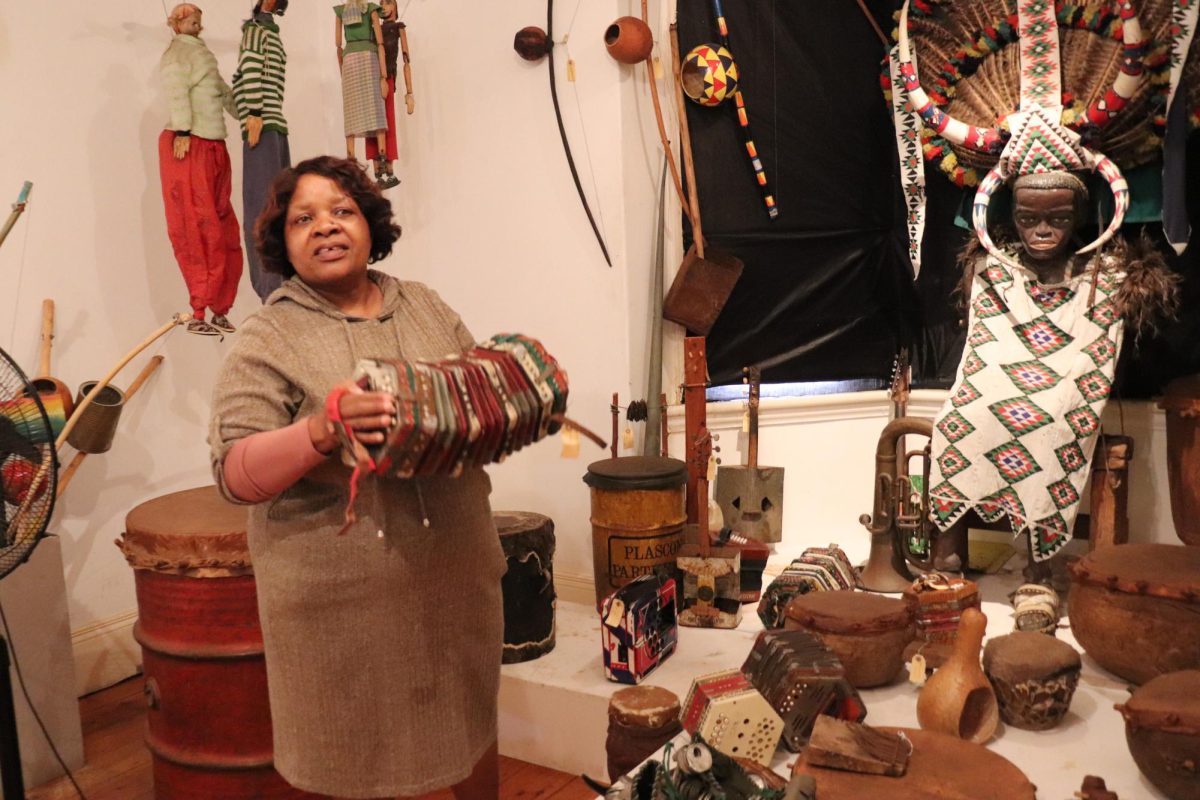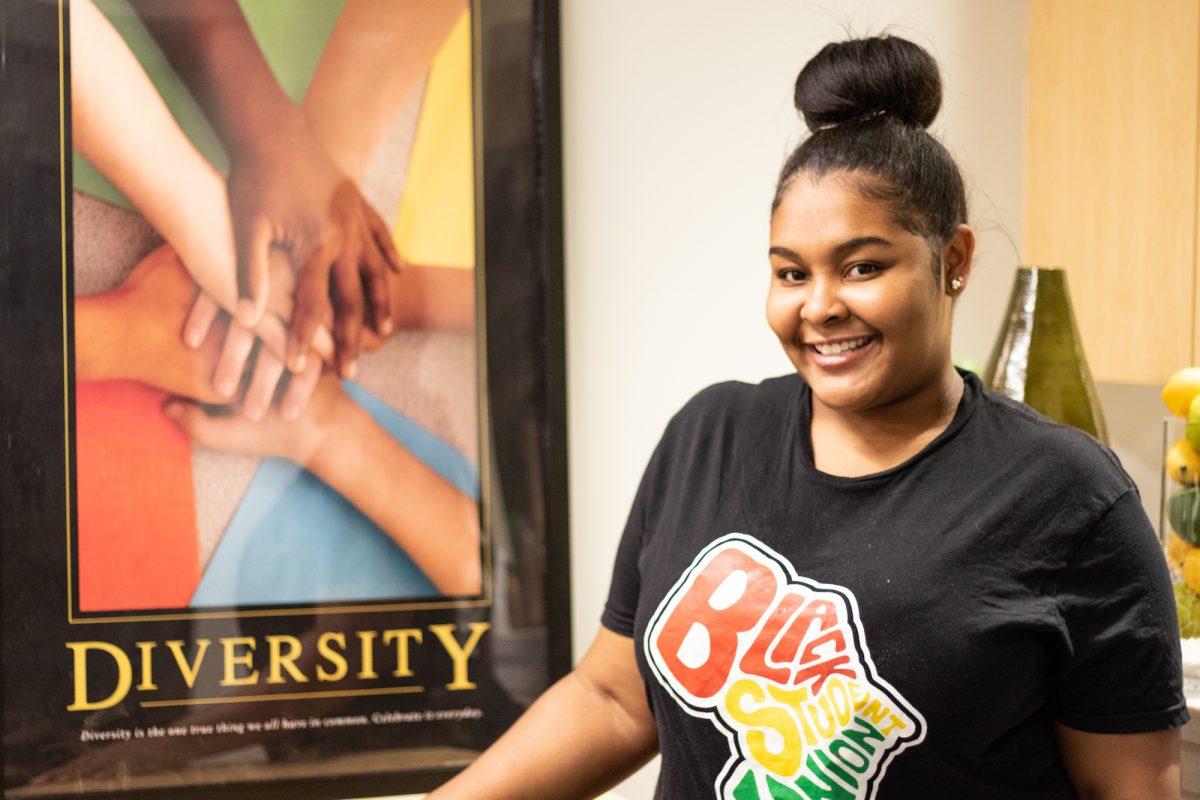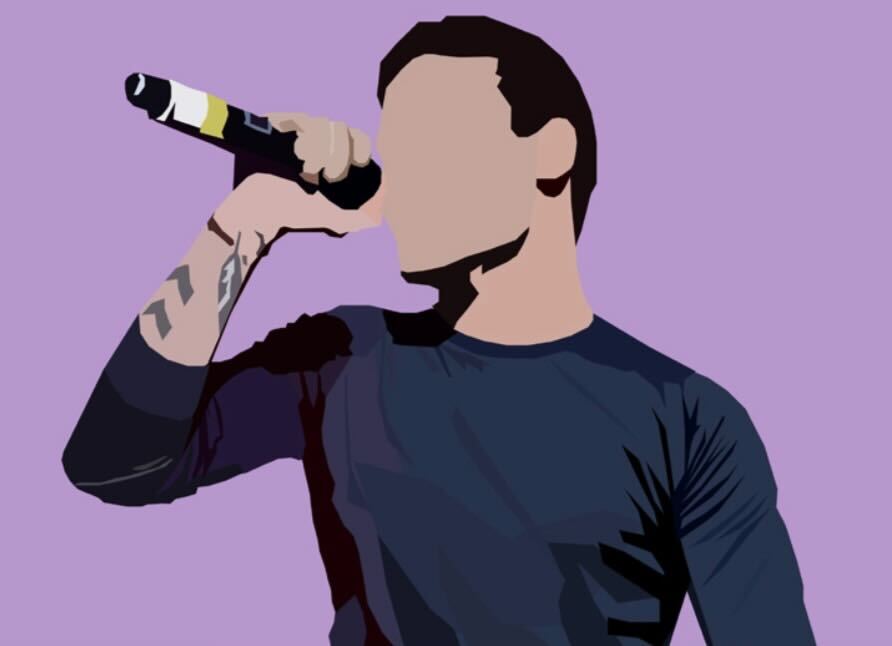Milan Morris on her years at St. Joe’s
As part of The Hawk’s coverage of Black History Month and ongoing coverage of race and diversity on campus, we will interview black students about their experiences at St. Joe’s throughout February.
Our first Q&A is with Milan Morris ’19, a co-president of the Black Student Union (BSU).
Three of her family members, two of her cousins and her older brother, also attended St. Joe’s. Morris’ father owns an art gallery on 52nd Street.
After she graduates with her degree in biology this May, Morris plans on taking a year off to work as a medical scribe before she heads to medical school. Morris grew up in Wynnefield Philadelphia, where she still resides today.
What are your most memorable experiences from your time at St. Joe’s?
I remember being a freshman and going [to the Office of Inclusion and Diversity (OID)], it used to be called Office of Multicultural Life, but it was still in Campion, just in a smaller office. The seniors of my freshman year were always in there. They were there to give us a laugh. When you would come in after class, mad about a test or something like that, you always had those seniors there to lift you up.
Why is the OID space important for black students?
It allows them to feel like they are around people that understand them. They can relate to the experiences that they may be going through that other people may not be able to feel. Also just feeling at home. If someone was like me and wanted to go to a [historically black college or university (HBCU)], that’s their moment where you can feel that it is an HBCU experience even though it is not.
How significant is the fact that St. Joe’s is a majority white school?
Positively, I feel like, and I tell a lot of people of color this, it is the world we live in. So for people to moan and groan about it, you can’t. It is bound to happen. You are going to get into a professional field and you are going to see predominantly white institutions no matter where you are. You have to be the person of color to say that we are all human, so we all have the same ability. We all have the same capability to do the same things. You can’t say, “Well everybody is white here, and I am this one black person, and I can’t do what they can do.” It allows you to get used to that in college versus in the professional setting.
Have you experienced racial profiling or incidents of racism on campus?
No I haven’t, not personally. There was a guy who graduated in 2017, my sophomore year, and he said that he had experienced many forms of racism on campus throughout his four years here. In dorms, he would be called monkey or have bananas thrown at him, and things like that. He was a more to himself kind of person, so that is why it didn’t really get [talked about] like the other girls’ [incident]. He just held that stuff in. He was open to [talking about it], but it was sad to hear that something like that is going on at the same university I am going to. Luckily it is not happening to me.
How has your involvement in the BSU shaped your experience at St. Joe’s?
I got thrown into the BSU sophomore year, and I have learned to appreciate my role as I have gotten older. Especially from the things like the incident last semester. I see that I have to be one of those voices to speak up for people in my community that may not be able to speak up. But also be there as a mentor and show them how they should go about different situations like this. So when the freshman brought it up and the incident happened, I was there to be a mentor. Once it exploded, I took it to a bigger stance and allowed the whole community to see where we should go with it.
I feel like it just allowed me to grow in different areas, in terms of being a mentor to people that are younger than me and coming in and not really liking the school because of the different community situations, but being able to be there as one of those seniors that I saw freshman year coming in the office and brightening their day. I think having that role in BSU people look to you to do that even more. They know that they can definitely come to you because they know that we are the voice for the black students on this campus.
What should St. Joe’s be doing to make the campus a more welcoming environment to students of color?
One thing that could happen is having different diversity training that people have to go to. I think it will just bring everybody together to the same level on how everyone should be treated, although obviously we should know. Having that diversity training for everyone, allows us to know that everyone is trained accordingly. So that way, we feel comfortable in instances that may occur.
[Another] thing would be allowing people to know that BSU isn’t just for black students. I think that is another way we get singled out. It is all just black people coming [to meetings], but if other students knew that they could join. For example, at the activities fair, when we are promoting our organization, other students see that it is the BSU they’re like “I don’t want to do this,” because they don’t think it is for them. I have had students come up and say, “Well can I join?” and I say, “Of course!” We are at the activities fair. It is for everybody. I think somehow enforcing that the organization isn’t just for black students. That will be another way we can get diversity, we can have more people coming to together. It allows others to hear how we feel, so that way we can be a better community.

